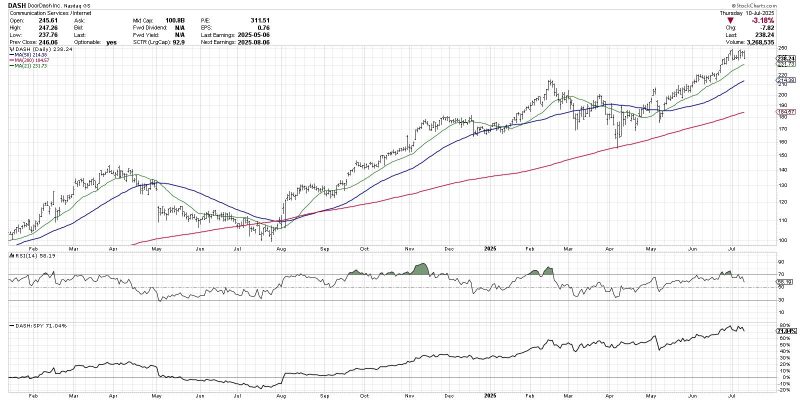
Trade is traditionally thought about in the context of goods but free trade is about more than “cheap T‑shirts.” Arguably, the greatest benefits provided by trade liberalization are nonfinancial and intangible, so in my first installment of Cato’s Defending Globalization project, I discuss how free trade brings us goods, services, and time.
Consider how we’ve moved from growing our own food and making our own clothes to buying them. And how purchasing food and clothes from those better at making these products gives us time to do other things. For example, we can work on honing the skills for the sectors we are better suited to work in. This progression towards specialized labor and trade saves people time and money. In turn, both economic and social benefits arise. Some people choose to invest directly in themselves and become more competitive in their industry, some choose to invest in their families and communities, and others consume more leisure. Many people choose a mix.
Those that become entrepreneurs and innovators brought us accessible technology products like e‑commerce platforms and smartphones. Every day, these innovations allow us to communicate, learn, and buy the things that we need and want. For example, Amazon started in 1994 as an online marketplace for books. It has since expanded to an e‑commerce platform that provides brilliant convenience: at the click of a button, we can order what we need, and it will be delivered quickly to our front doors. More than that, the platform provides pages of choices at different price points from sellers located all over the world.
However, Amazon could look very different without the foresight of the World Trade Organization (WTO). The company progressed from an online marketplace of books to an e‑commerce platform, cloud computing service, online streaming and advertising service, and artificial intelligence developer. In 1996, WTO members signed the Information Technology Agreement to eliminate tariffs on hundreds of information and communications technology (ICT) products, including computers, semiconductors and their manufacturing and testing equipment, and software. The WTO’s elimination of tariffs on ICT products played an enormous role in the rise of digital services, like those that Amazon provides.
Since ICT products are the powerhouse of the digital and service economies, liberalized trade significantly contributed to the rise of accessible electronics. These accessible electronics make home offices more affordable. For example, as noted by my colleague, Gale Pooley, the time‐price of a laptop is much cheaper today than in 1991. When Apple introduced its PowerBook 1000 priced at $2,500, in 1991, it took the average blue‐collar worker that made $14.93 an hour 168 hours to earn one of these laptops. Today, Apple’s 13‐inch MacBook Air costs $999 and the average blue‐collar worker makes $36.50 an hour, so it only takes a little over 27 hours to earn a laptop. That is, it took six times as much work to earn one laptop in 1991 for the average blue‐collar worker.
Those time savings give the freedom to workers to enrich their lives by spending time on other things they value. Indeed, while free trade has brought us more affordable food and fresh produce year‐round, some people are using their free time to grow food for fun!
More than that, cheaper home office equipment combined with the invention of cloud services makes it easier for people to start a business at home. At the same time, these entrepreneurs benefit not only from remote work themselves but of others as they can hire workers from anywhere in the world creating a feedback loop of improved living standards, increased innovation, and higher economic growth—not only domestically but globally.
Combined with the pandemic’s demonstration of how much services‐based work can be performed remotely, pro‐social benefits are reaped. For example, new data illustrate that that US labor force participation of women with children under the age of five leapfrogged its pre‐pandemic rate. Remote work (and cheap electronics) can help job retention and raise living standards by giving people, especially caregivers, the flexibility to keep their job but also become parents.
While we have not achieved pure free trade, the evidence is overwhelming that trade improves peoples’ lives—providing us with not only more stuff to consume but with more free time to spend on family, friends, and the other things we most enjoy in life.
This blog only provides a taste of the many benefits of free trade and globalization.








